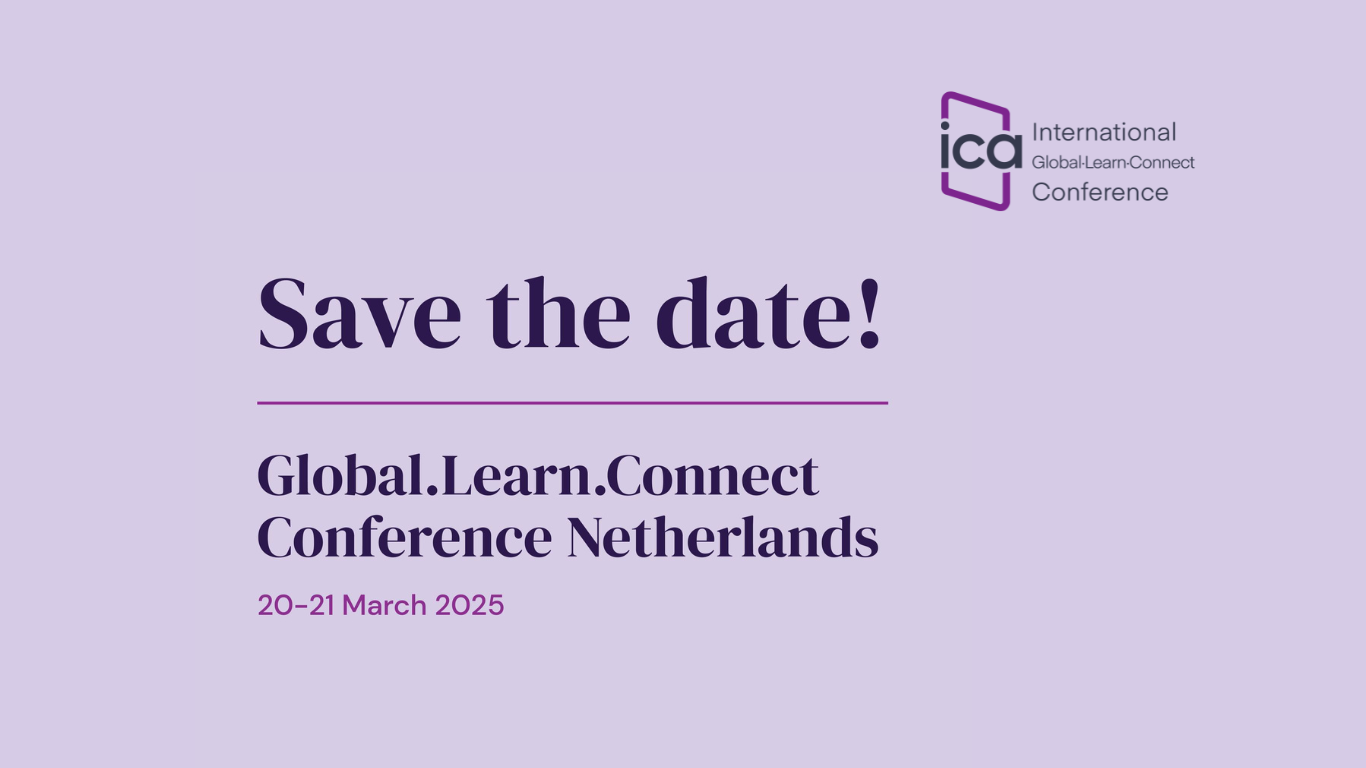As a new incumbent in the Head of International Curriculum role, I wanted to ensure I had a strong understanding of the learning journey that a child undertakes as they progress through the International Early Years Curriculum (IEYC), to the International Primary Curriculum IPC) and into the International Middle Years Curriculum.
However, the centre of the process for each curricula is an obvious difference, moving from the child, to a unit of learning and then the Big Idea. Don’t let this worry you – while a child is always at the centre of their own learning, I will explain why this is not the case for the process of learning.
By the time children reach the end of school, students need to have subject knowledge, what are commonly referred to as ‘21st Century Skills’ and an awareness of others, or as Howard Gardner has described, ‘a continuing decline in egocentricity’ which is part of the process of human development.
In the Early Years, learning is centred around the child as they explore their own interests through activities that they choose. As part of the International Curriculum journey, as children get older they undertake learning in all subject areas to ensure that their learning is balanced, through the use of units. When children enter the Middle Years, their learning revolves around concepts referred to as ‘Big Ideas’ which are essential for developing understanding. The concepts allow deeper learning to occur, enabling the development of coherent connections in a subject and act as an anchor for making facts useful, to facilitate connection building and transfer across subjects.
Therefore, while children are always at the centre of their learning, as children get older, the learning process changes to emphasise the development of understanding.


.png)
